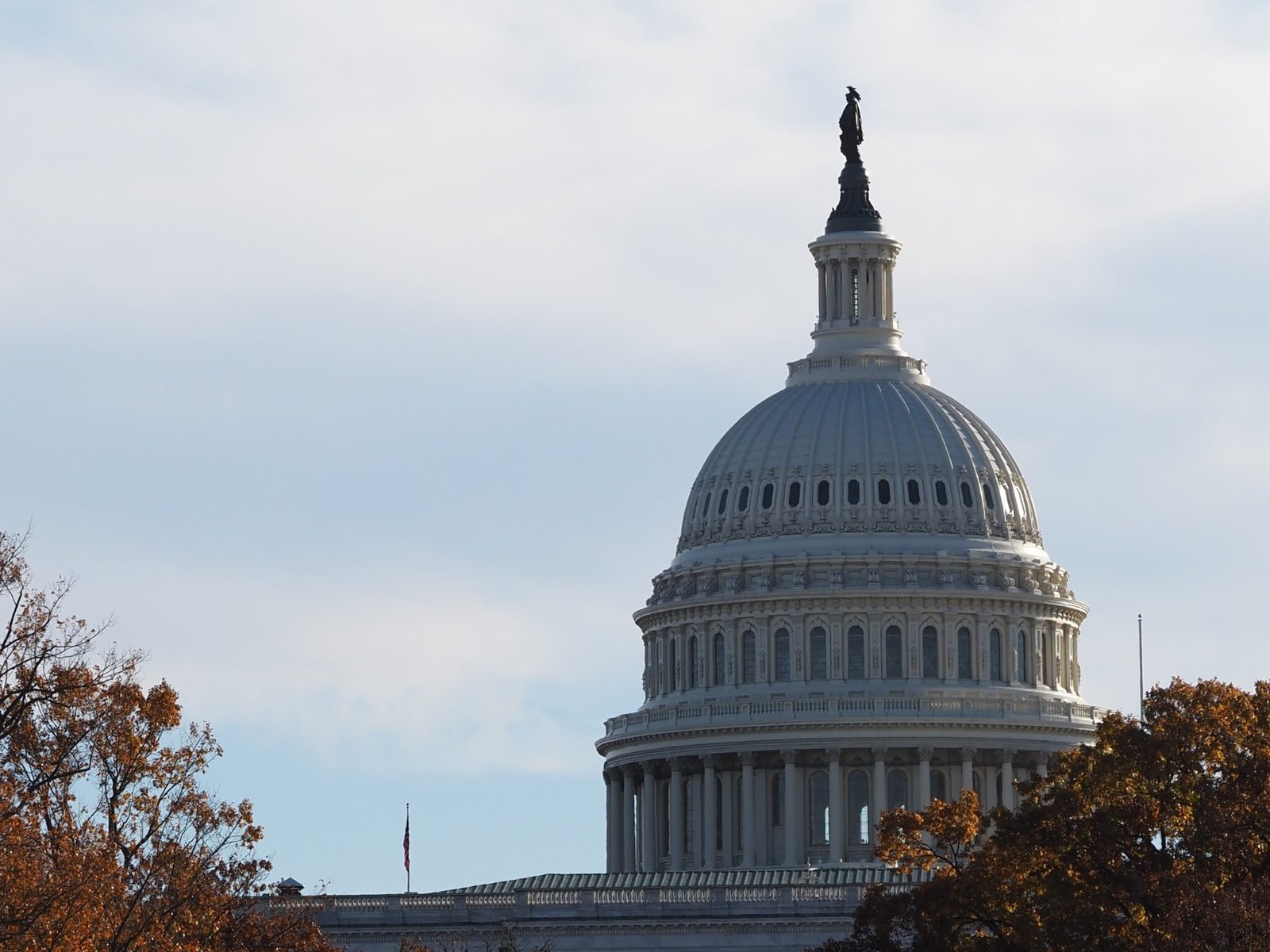DC Bureau
GOP’s Rejection of Disaster Aid Could Cost States Billions, Warn Democrats

WASHINGTON — U.S. House Democrats released details early Thursday indicating the potential losses in federal disaster aid for each state if Republicans remove it from a crucial spending bill. This bill has faced widespread rejection, including from members of the GOP and President-elect Donald Trump.
The state-by-state breakdown of approximately $100 billion followed calls from Trump and high-profile backers like Elon Musk, urging GOP leaders to abandon a bipartisan year-end spending package. A resolution for the short-term spending bill is essential by Friday at midnight to avert a partial government shutdown, which would delay paychecks for federal employees and military personnel during the holiday season.
States heavily impacted by recent natural disasters, including hurricanes, would face significant financial setbacks. California, Florida, Texas, and others could collectively miss out on over $2 billion each, with larger states experiencing losses exceeding $10 billion.
The impasse began after congressional leaders unveiled a 1,547-page spending package on Tuesday. Speaker Mike Johnson justified the bill’s additional provisions during a press conference, highlighting the necessity of disaster aid and support for farmers, despite the presence of unrelated items like the authorization for year-round sale of 15% ethanol blends.
The proposed package also repealed a long-standing ban on annual cost-of-living adjustments for congressional salaries. Misinformation proliferated regarding the potential increase in pay for lawmakers, prompting concerns among the public. Reports erroneously indicated a maximum salary spike of 3.8%, bringing congressional salaries from $174,000 to $180,600, the first adjustment since January 2009.
Trump further complicated the discussions by demanding that the debt ceiling be integrated into the negotiations, just two days ahead of the shutdown deadline. He expressed a desire to avoid dealing with the debt limit debate once he begins his second term, preferring to place that responsibility on President Biden.
In a significant shift, Trump suggested eliminating the debt limit completely, diverging from the GOP’s traditional strategy of leveraging the limit to secure spending cuts. Democratic leaders in Congress, however, signaled they would not engage in further negotiations with Republicans, a stance that may prevent any GOP-only bill from emerging before the deadline.
Senate Majority Leader Chuck Schumer criticized the Republican disarray over the bipartisan proposal, warning that it risks a government shutdown. He emphasized the critical nature of bipartisan cooperation in achieving legislative goals.
House Democratic Leader Hakeem Jeffries, while not fully dismissing the idea of supporting a narrowed-down stopgap spending bill, urged GOP leadership to remain committed to the negotiated agreement. He described the potential shutdown as a reckless outcome driven by Republican mismanagement.
The House’s far-right factions have voiced dissatisfaction with the bill, prompting discussions about leadership challenges for Speaker Johnson should he struggle to secure necessary votes for continued support. The concern stems from the imminent transition to a closely divided House majority next year.
The possibility of Republican Rep. Marjorie Taylor Greene pushing for an alternative speaker has emerged, with speculation around candidates like Elon Musk. Greene advocates for a drastic shift in leadership to disrupt the current establishment.
This report has been updated with new state-by-state numbers provided by U.S. House Democrats.
Last updated 11:32 a.m., Dec. 19, 2024
















